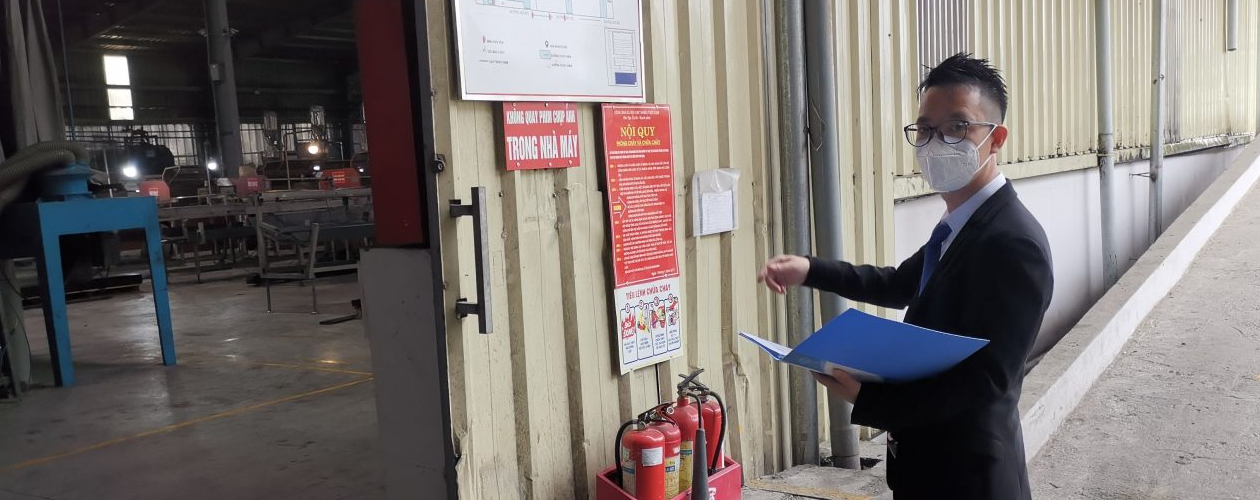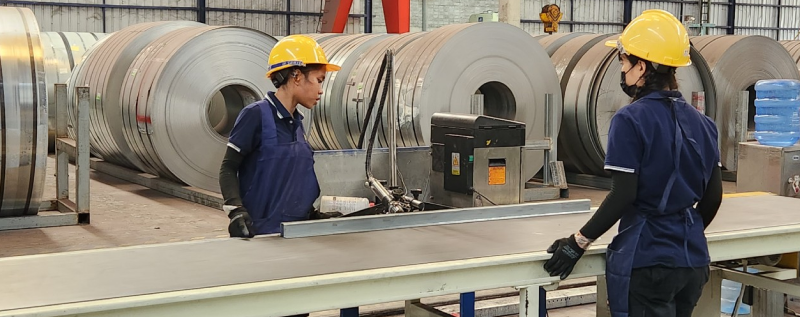Industries & Services
Factory Audit

工厂审核(Factory Audit)
确保供应商具备稳定生产能力、质量控制体系完善、并且符合国际标准,是跨境采购中最关键的一步。工厂审核正是帮助您降低供应链风险、保障产品品质与交期的重要工具。
什么是工厂审核?
工厂审核(Factory Audit)是对供应商生产能力、质量管理体系、设备状况、员工素质和工作环境的系统性评估。审核的目的在于确认工厂是否具备按您的要求 稳定生产、持续交付、确保质量 的能力。它既适用于 选择新供应商前的评估,也适用于 长期合作供应商的持续监督。

工厂审核的价值与优势
选择对工厂进行审核,可以帮助企业在国际采购中显著降低风险:
✅ 评估供应商真实能力
深入了解工厂的生产设备、技术能力、管理水平与质量可靠性。
✅ 确保满足质量与合规要求
验证工厂是否符合您的质量标准、社会责任要求、安全规范及各类法规要求。
✅ 降低供应链风险
提前发现潜在问题,如质量隐患、产能不足、交期风险或管理漏洞。
✅ 打造长期稳定合作关系
审核有助于建立透明、信任和可持续发展的合作基础。
常见工厂审核类型
根据不同的业务需求,工厂审核可分为以下类型:
1. 质量体系审核(Quality System Audit)
评估工厂质量管理流程是否完善,包括设备状况、检验流程与一致性控制,确保产品可稳定达标。
2. 社会责任/道德审核(Ethical Audit)
检查工厂在劳动用工、人权保障、消防安全、加班制度及员工福利等方面的合规性。
3. 结构与安全审核(Structural Audit)
评估工厂建筑结构、消防系统、紧急出口等安全基础设施是否符合安全规范。
4. 环境审核(Environmental Audit)
审查工厂的环保措施、排放管理、废物处理及可持续发展实践。
5. C-TPAT 安全审核
针对供应链安全、货物存储、运输防护等进行审查,以满足国际供应链安全要求。
6. 食品供应商审核(Food Supplier Audit)
确保食品类工厂在卫生、操作流程、储存条件与食品安全管理方面符合标准。
工厂审核如何进行?
工厂审核通常包括以下步骤:
① 使用标准化审核清单
依据国际标准(如 ISO 9001、SA8000、ISO 14001、C-TPAT 等)或客户特定要求开展审核。
② 实地检查工厂运营状况
评估生产现场布局、设备状况、机器维护、卫生条件与人员操作规范。
③ 核查文件与记录
审阅质量管理文件、生产记录、资质证书、检测报告等,以确认其真实性与合规性。
④ 与工厂人员访谈
与管理层、工程团队及一线员工沟通,了解其管理意识、专业能力与内部执行情况。
⑤ 观察合规与风险管理水平
审核包括社会责任、环保措施、供应链安全等方面的综合表现。
结语
工厂审核是保障国际采购质量和供应链安全的核心环节。通过审核,您可以更准确地评估供应商、减少潜在风险,并确保您的产品与品牌得到充分保护。
需要专业工厂审核?VIS 为您提供:
✔ 快速审核安排
✔ 结构清晰、图文并茂的审计报告
✔ 在线系统随时查看审核结果
✔ 透明且具有竞争力的服务价格
立即联系我们,让 VIS 帮助您评估供应商并保护您的品牌价值。










